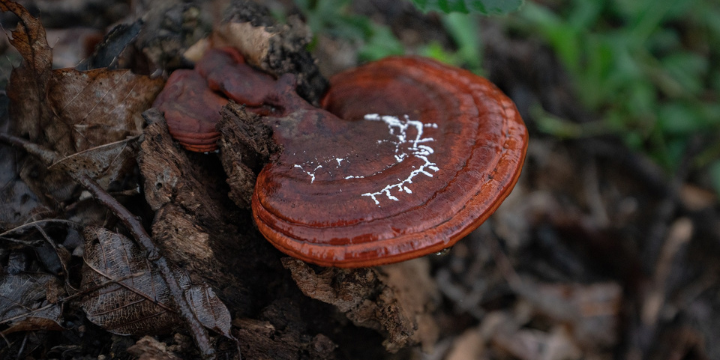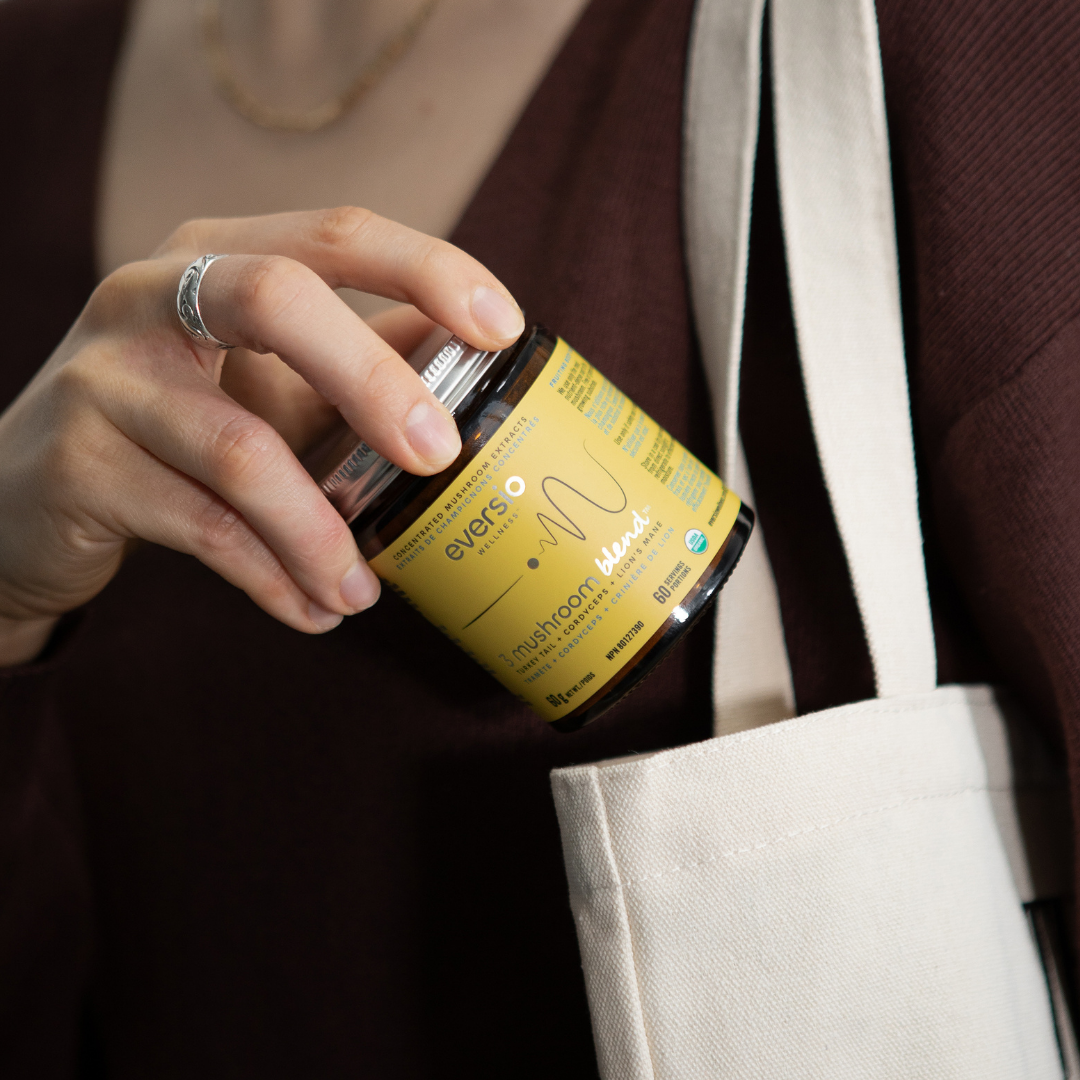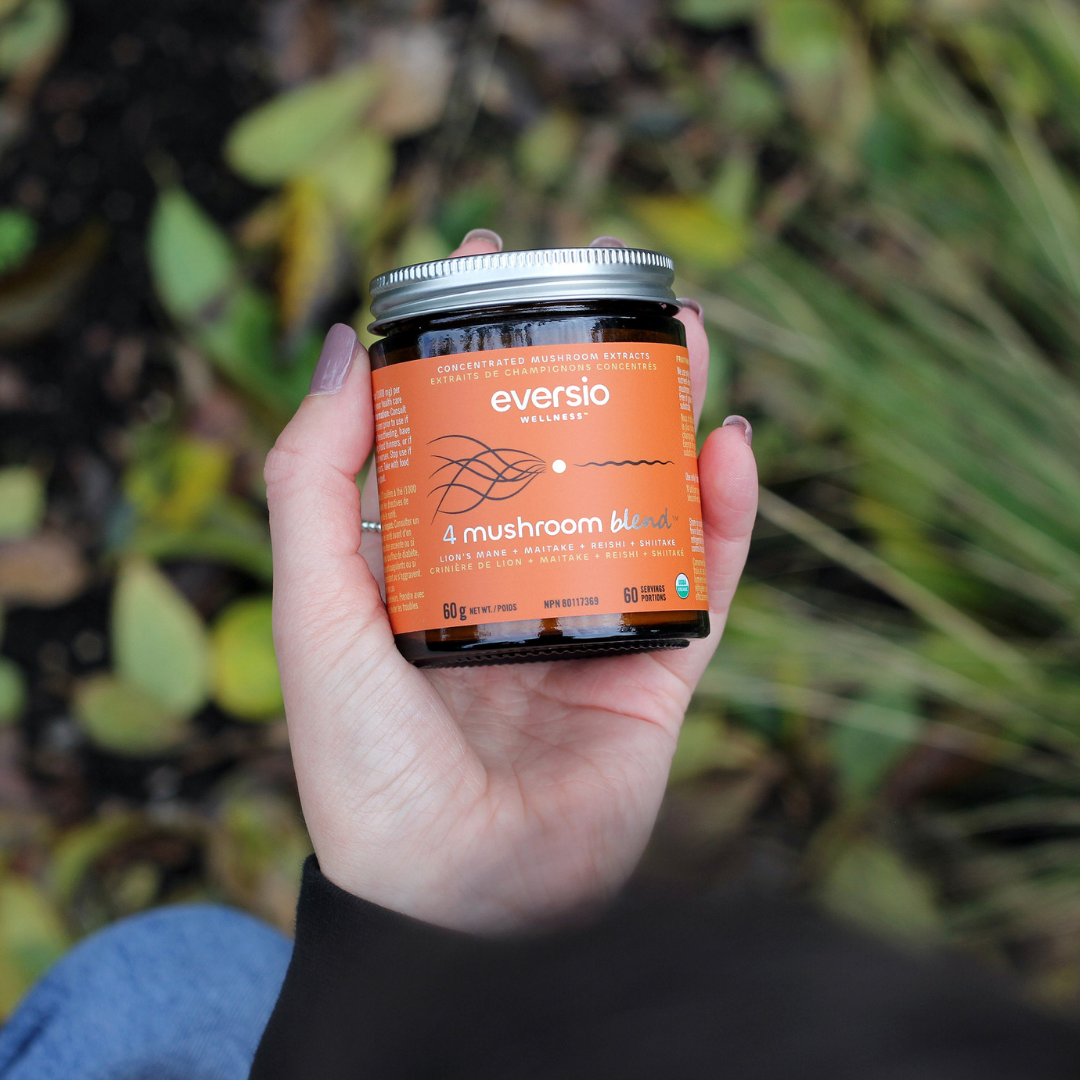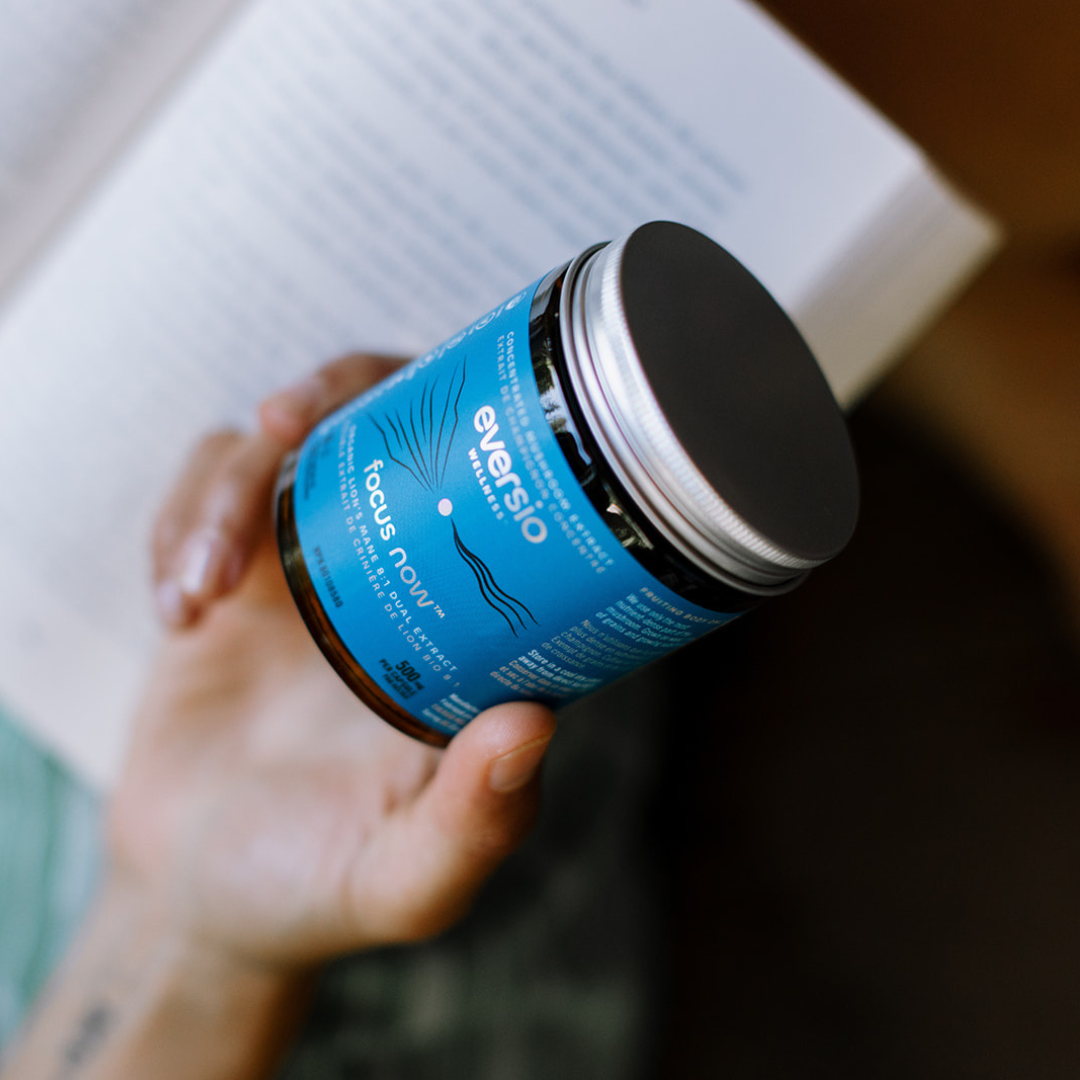Epilepsy is a neurological disorder characterized by recurrent seizures, which can have a significant impact on a person's quality of life. While there are medications available to manage epilepsy, they often come with side effects and may not be effective for everyone. As a result, there is a growing interest in natural remedies for epilepsy, such as reishi mushroom.
In this blog post, we will explore the potential benefits of using reishi mushroom for epilepsy. Whether you are looking for an alternative treatment option or simply want to learn more about this fascinating healthy mushroom, read on to discover the latest research on harnessing reishi mushroom for epilepsy.
What is Epilepsy?
Epilepsy is a disorder characterized by the spontaneous recurrence of unprovoked seizures [1]. It is a common and chronic neurologic disorder that affects up to 3% of the population [1]. Epilepsy has strong genetic consequences [2,3]. Depression and seizure worry are the most significant factors affecting the quality of life in patients with epilepsy. Although anti-seizure medications may suppress seizures in two-thirds of individuals, it has not been shown to improve long-term prognosis [2,3]. predisposition and living with this condition comes with many social and psychological c
Additionally, because anti-epileptics are the primary form of treatment, many individuals suffer from adverse effects with long-term use, such as cognitive and mood impairments, depression, memory loss, and even allergies [4]. Because of this, alternative therapies are being researched that have fewer adverse events but will still improve the quality of life in patients living with epilepsy [4].

Can Reishi Mushroom Help With Epilepsy?
Ganoderma lucidum, also known as Reishi, has been used for centuries in Eastern medicine to treat a wide variety of conditions [5]. Over the last decade, there has been increasing evidence published claiming that Reishi may also play a significant role in the treatment, or as an adjunct to conventional treatment, of those with epilepsy.
Reishi contains oligosaccharides that may have anticonvulsant and neuroprotective properties [6]. In one study, kainic acid was used to induce seizures in rats and the use of Reishi inhibited these convulsions from presenting [6]. The study illustrated that Reishi was able to reduce the degeneration pattern in the CA3 region of the hippocampus in the brain, which plays a role in one’s susceptibility to seizures [6]. Overall, the researchers concluded that Reishi might have an anticonvulsant and neuroprotective effect in those with epilepsy [6].
Reishi Mushroom Benefit For Epilepsy
A human clinical trial investigated the effect of Reishi use on a group of epilepsy patients for 8 weeks [4]. In the study, Reishi significantly reduced weekly seizure frequency, and the average time of each seizure was also lessened, although this result was not found to be statistically significant [4]. Reishi also had significantly fewer adverse effects than traditional anti-epileptic medications [4]. The researchers of the study believed that use for a longer period of time would likely further improve the quality of life in epileptic patients [4].
The physiologic mechanism of Reishi’s anti-epileptic effects has also been investigated [5]. With epilepsy, there is the high-frequency firing of neurons in the central nervous system [5]. Calcium is a major signaling molecule in the central nervous system and plays an important role in neuronal firing and circuit excitability [5]. The accumulation of calcium in neurons is a characteristic of epilepsy and it has been deduced that when free intracellular calcium concentration is reduced, the development of epilepsy is prevented [5].
This study found that Reishi’s anti-epileptic effects may be due to its polysaccharide constituents, which inhibit intracellular calcium accumulation, thus preventing the development of epilepsy [5]. Additionally, Reishi may promote the expression of CaMK II a, a protein involved in regulating neuronal activity and also plays a role in calcium transfer in many types of neurons [5]. In some studies, the inactivation of CaMK II a is associated with experimental models of epilepsy [5].
Epilepsy can lead to a decreased quality of life, especially when resistant to conventional treatment. There is increasing evidence and research on Reishi’s anti-epileptic effects that may prove to be useful to those who are suffering from epilepsy.

Where To Find Quality Reishi Mushroom Products?
Reishi mushroom may hold promise as a natural treatment option for epilepsy. While more research is needed to fully understand its effectiveness and potential side effects, the anticonvulsant and neuroprotective properties of reishi mushroom make it a promising option for those looking for alternative remedies.
At Eversio Wellness, we offer a variety of functional mushrooms, including reishi mushrooms, that can be used to support overall health and well-being. Our high-quality mushroom supplements are carefully formulated to maximize the benefits of each mushroom, making it easy to incorporate these powerful natural remedies into your daily routine.
By Silvana Jakupovic — BSc and 4th Year Student of Naturopathic Medicine (CCNM-Boucher)




















1 comment
Danielle Carole Comeau
I suffer from severe restless leg syndrome, which is a disorder of the nervous system (like epilepsy). I am wondering if anyone with this disorder has had beneficial effects after supplementing with medicinal mushroom (in particular, reishi).
Leave a comment
All comments are moderated before being published.
This site is protected by hCaptcha and the hCaptcha Privacy Policy and Terms of Service apply.